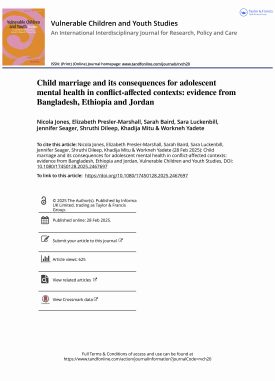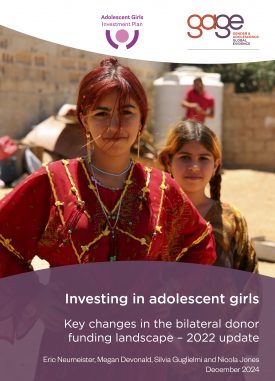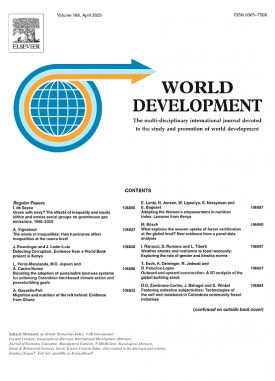Over a long and committed history working to improve the lives of adolescents living in poverty around the globe, international development agencies (IDAs), alongside global and national actors, have made a notable, global shift from recognizing young people as problems to be managed to recognizing young people as powerful agents of positive change whose strengths must be harnessed and whose health and well-being matters. Building on this shift in perspective, increasingly, IDAs are employing strengths-based approaches to building positive character strengths in adolescents.
After acknowledging the ‘semantic minefield’ related to defining and measuring character development programming across diverse contexts and cultures and accepting four recognized and tested domains of character development as relevant to an analysis of IDA programs (i.e., moral, performance, civic, and intellectual character attributes), the authors identify three program areas of IDA support in which these domains of character are promoted. For each program type, we provide a case study example of an IDA-supported program that promotes these dimensions of character. We close by recommending ways in which IDAs can continue to contribute to the growing study and investment of character development programming and research.


